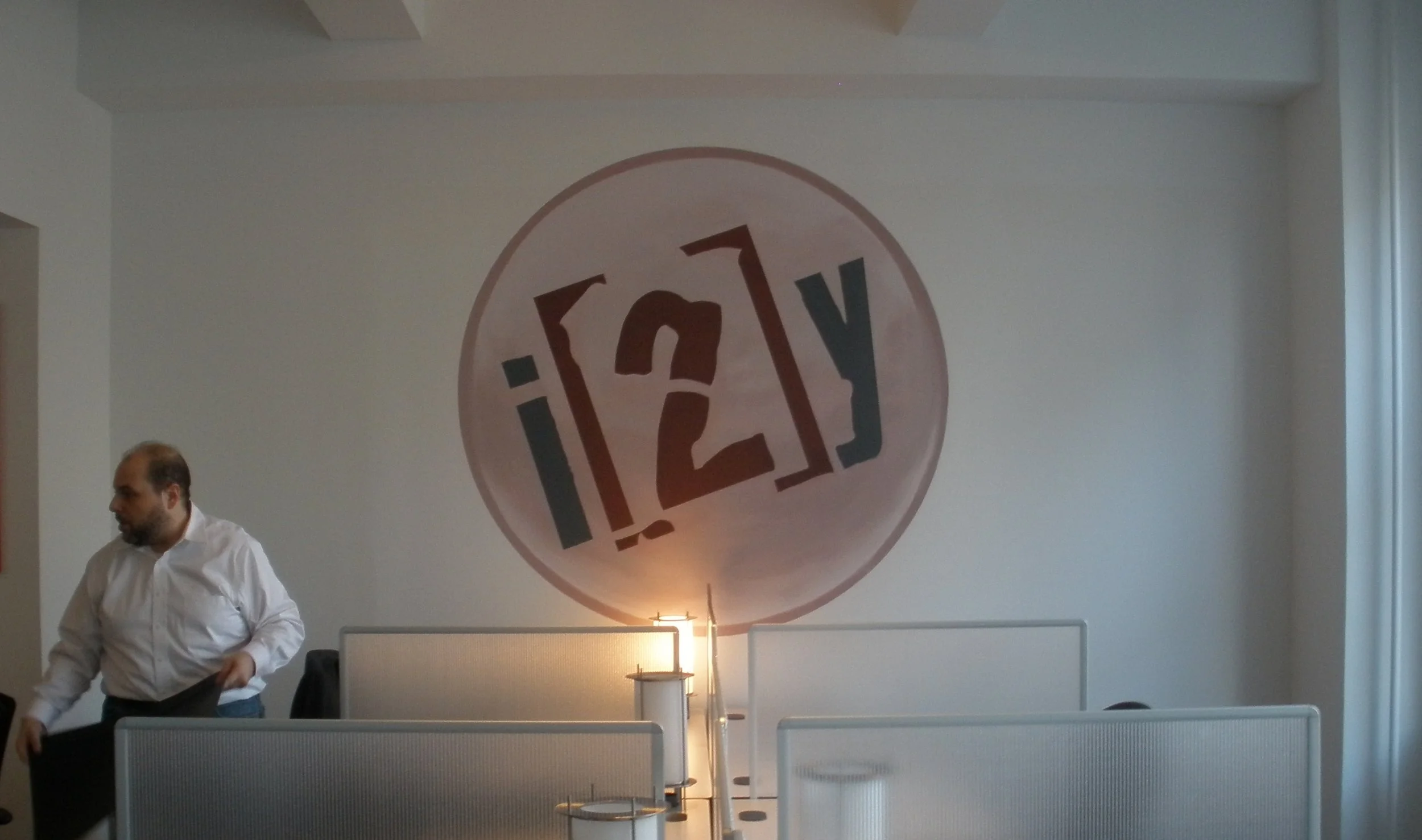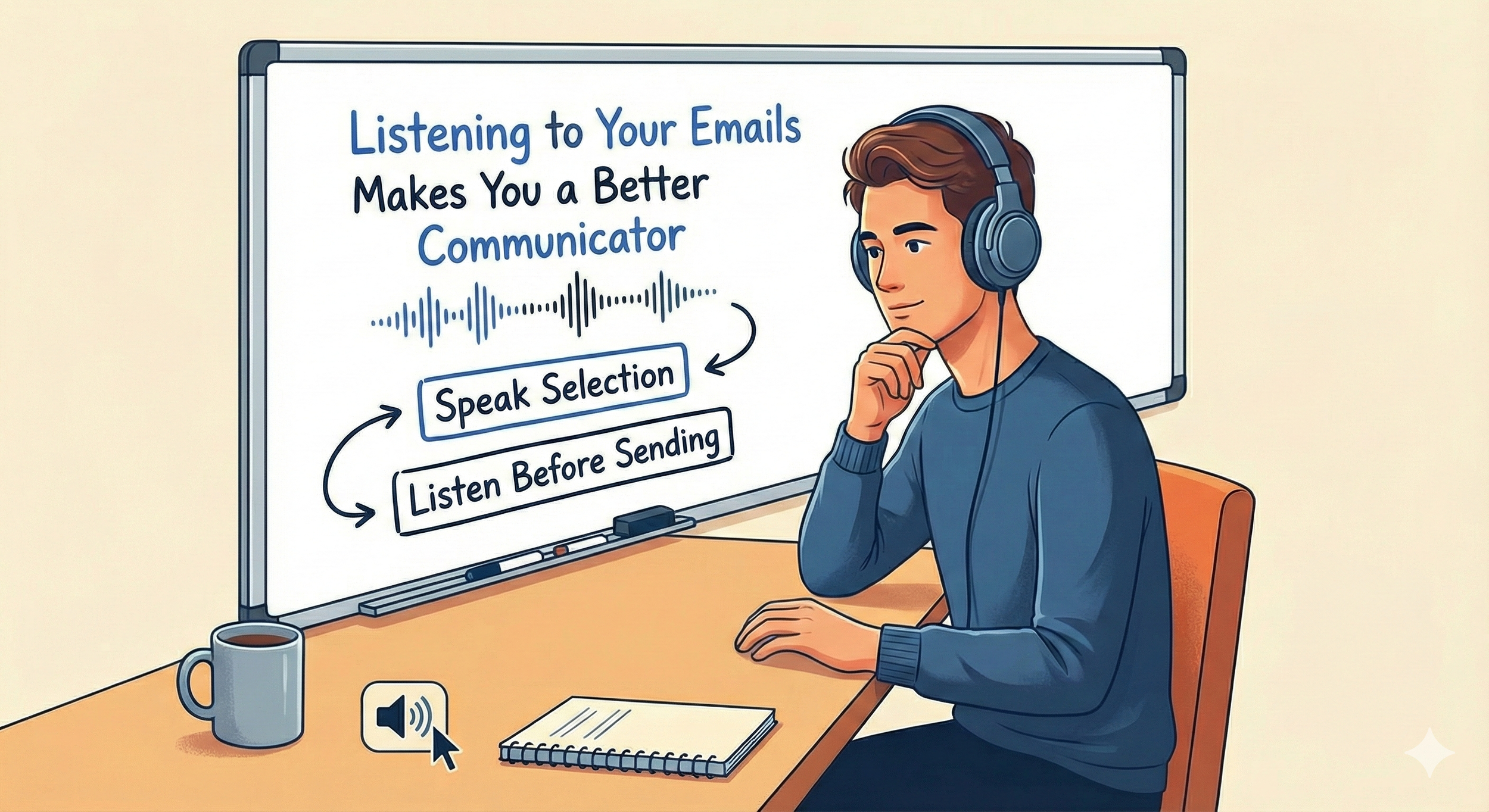
What I’m Too Young For This! Cancer Foundation Really Was
Before it was Stupid Cancer.
Before it had a national summit, a recognizable brand, or a seat at policy tables.
Before the language of AYA oncology entered the mainstream.
I’m Too Young For This! was a refusal.
It was a refusal to accept that young adults with cancer should quietly disappear into the space between pediatric and adult care. A refusal to accept isolation as normal. A refusal to believe that survivorship only counted if you were old enough to be taken seriously.

Grabbing Life by the Balls: A Conversation on Cancer, Work, and Building Things That Last
I recently joined Mallet & Michelle for a conversation that ended up covering a lot more than testicular cancer, even though that is where my story usually starts. What made this one different was how naturally it moved between personal history, work, leadership, and the experiences that quietly shape how we show up in the world.
My connection to testicular cancer is personal. When I was a high school senior, my dad was diagnosed. There was no long lead-up or time to process it emotionally. He found a lump, saw a doctor, and within days was in surgery. That summer, which was supposed to be about graduation and getting ready for college, turned into chemo appointments and hospital visits. Like a lot of families who go through cancer, we figured things out as we went. You do what needs to be done and worry about the rest later.

Listening to Your Emails and Messages Makes You a Better Communicator
For most of my career, I’ve moved fast. I’ve relied on instinct, momentum, and the ability to figure things out on the fly. In small teams or early-stage environments, that approach works. You don’t have to explain every step or provide perfect clarity—you just build, adjust, and keep going. But as the organizations around me grew, the cost of unclear communication started to show up in ways I couldn’t ignore. I’d send a message that made perfect sense in my head, only to realize later it didn’t land the way I intended. Or I’d fire something off quickly and it would accidentally create more work or confusion for someone else. That’s when I started using a small Mac feature that unexpectedly became one of the most effective productivity habits I’ve ever built: Speak Selection.
I Don’t Give Keynotes. I Share Field Notes.
Someone asked me recently why I am not a public speaker on a more regular basis. They had listened to me on a podcast, seen me moderate sessions at Stupid Cancer events, and watched me speak at Testicular Cancer Foundation gatherings. Their assumption was that speaking was something I pursued. It is not.
I do not speak on public stages very often. Not because I avoid it, but because most of my career has been spent building organizations, communities, and operational systems rather than talking about them from a podium. I have never thought of myself as a professional speaker. I do not go on a speaking circuit. I do not sell ideas from the stage. But when the work required it, I have spoken. And those have always been the meaningful moments.
When the Origin Story No Longer Represents the Organization
There is a moment in the life of a maturing organization when the nostalgic version of how it all started no longer reflects the organization that exists today. What begins as a small group around a table becomes a disciplined organization with governance, systems, brand standards, and culture. Along the way, roles evolve. Titles change. Some contributors step away. Others step fully into the responsibilities required for scale. What used to be a story becomes an enterprise.
As that evolution happens, leaders gain a new responsibility. It is to protect the accuracy of the organization’s history while ensuring that history does not become confused with identity. Someone may have been present in the beginning, but that does not mean they shaped what the organization ultimately became.
Contribution is not the same as governance. Proximity is not the same as leadership. Being part of the early story is not the same as shaping the current one.
Why I'm Investing in Structured Data (And Why You Should Care About Schema Markup)
This week, I took a hard look at the structured data on my website. Not because I'm chasing some technical SEO checklist, but because I realized something important: if I don't tell search engines who I am, they'll figure it out on their own. And when there are two other people with my exact name competing for the same search results, I can't afford to leave that interpretation up to chance.
Structured data, specifically schema markup, is how you give search engines the context they need to understand your identity. It's not about gaming the system. It's about clarity. When someone searches for Kenny Kane, I want Google to know exactly which one I am. The CEO and author in Austin, not the comedian in Los Angeles or the rapper in Memphis.

